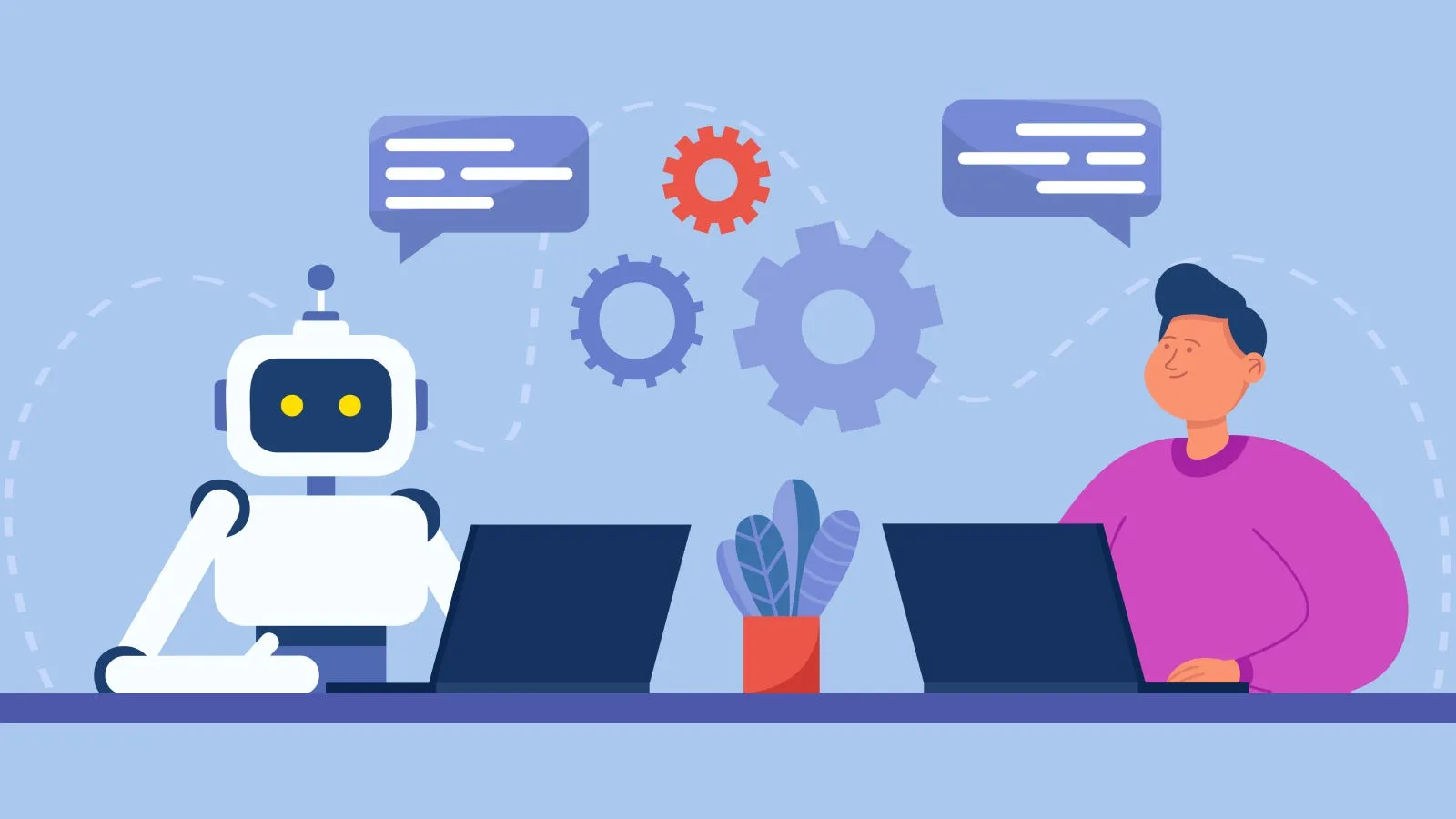How AI is changing video game development forever
AI NPCs. AI scriptwriting. AI voice acting. AI artwork. AI creation tools. Yes, AI is everywhere in game development. In the past couple of years it’s arisen as something of a dirty word, an inevitable future. But the future is already here.
A report by Unity earlier this year claimed 62 percent of studios use AI at some point during game development, with animation as the top use case. This report was based on responses from developers using Unity tools, which may skew responses to the more indie and mobile end of the market – but it seems a familiar story across the industry. Last year, Microsoft announced a partnership with Inworld to develop AI tools for use by its big-budget Xbox studios, and in a GDC survey from January, around a third of industry workers reported using AI tools already.
Some uses of AI have been widely criticised: take, as just one example, the cast of Baldur’s Gate 3 revealing the darker side of the game’s success fuelled by AI voice cloning. US actors union SAG-AFTRA has had to scramble to work on an AI voice agreement to protect workers, while a new AI licence from Speechless aims to provide an ethical approach to AI in voice acting. But does AI spell doom and gloom for the games industry generally, or are there some positive use cases? What does an AI future look like? And why, now, is the progress of AI for positive means also under threat?










